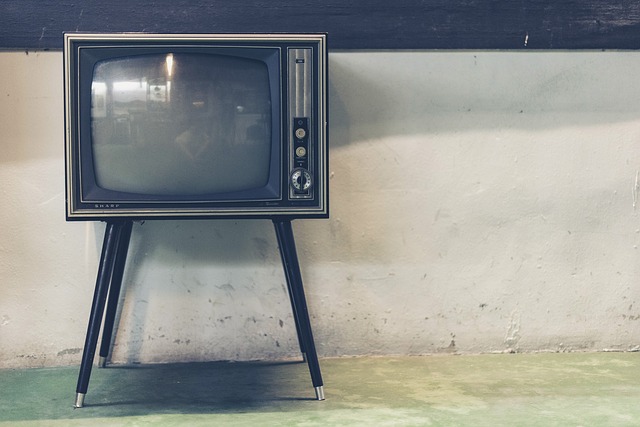
Almost every household will experience reception problems occasionally while watching TV programs. Reception problems mostly interfere with the pictures or sound of the TV.
During interference, ghost images from other channels might appear over the currently playing channel or the channel becomes pixilated. You might also hear a radio station playing on your speakers. Annoying, right?
Interference does not affect signal levels of your TV but the signal quality, therefore poor reception. Any of these things can affect your TV reception.
1. Trees
Is your house surrounded by trees, particularly taller ones? This could be the cause of poor TV reception.
The problem could get worse during winter due to increased foliage and wind. Cutting overhanging trees from neighbours’ and your yard could be a permanent solution to the TV interference.
Call in the tree loping experts to get a quote and their advice. They will be able to remove any interfering branches safely and with minimal mess and fuss.
2. Antennae setup
Inadequate antennae setup is usually the cause of most TV reception problems. Ensure that the cabling and the master head amplifiers are correctly used, call in a tv man if you are in doubt.
Rats or possums in your roof space could be causing problems with your antennae setup also.
You will hear the rustling and scratching noises if this is the issue.
3. Your location
The distance from the transmitting tower can affect the reception. People in remote locations are far away from the transmitting tower; thus more likely to encounter poor reception.
A signal booster may help to rectify this issue.
4. Large buildings
A large concrete building between you and your broadcast tower will weaken the strength of the signals reaching your TV.
Mirrored houses will refract the signals from reaching your home.
5. Weather
Changing weather might tamper with your TV reception. Fog, rain, snow and extreme temperature changes affect TV signal quality.
Thunderstorms are particularly disruptive to tv signals.
6. Streaming devices
If you are using a wireless streaming device, then it could be the cause of the interferences you are getting on your TV.
The HDMI cable connected to your television could be interacting with the antennae cable if the input ports are not far apart.
7. Shielding of the cables
A coaxial cable should be shielded properly with a shield made of plastic and metal to reduce electromagnetic interferences.
Poor shielding can cause signal loss.
8. Mobile phone towers
Mobile phone towers are important to ensure you have a quality signal on your smartphone.
However, these towers can affect the signal quality of your television. This is because they emit frequencies that are very close to those of the TV towers, causing pixelation.
9. The topography around your home
Your TV signal will have problems if you are located in a valley since the signals will be passing right over your antennae.
Try and raise your antennae higher to receive a better signal.
The signals will get blocked from reaching your home if the broadcast tower is behind a mountain.
10. Light bulbs
Does your television lose signal mostly at night? It could be that the light bulb you are using is interfering with the reception.
If you experience poor TV reception at night, try switching off the bulbs in the room. Change your bulbs to more quality bulbs.
Low-quality bulbs create radio frequency interference that might prevent or interrupt, any TV signal.
Image Pixabay CCO License